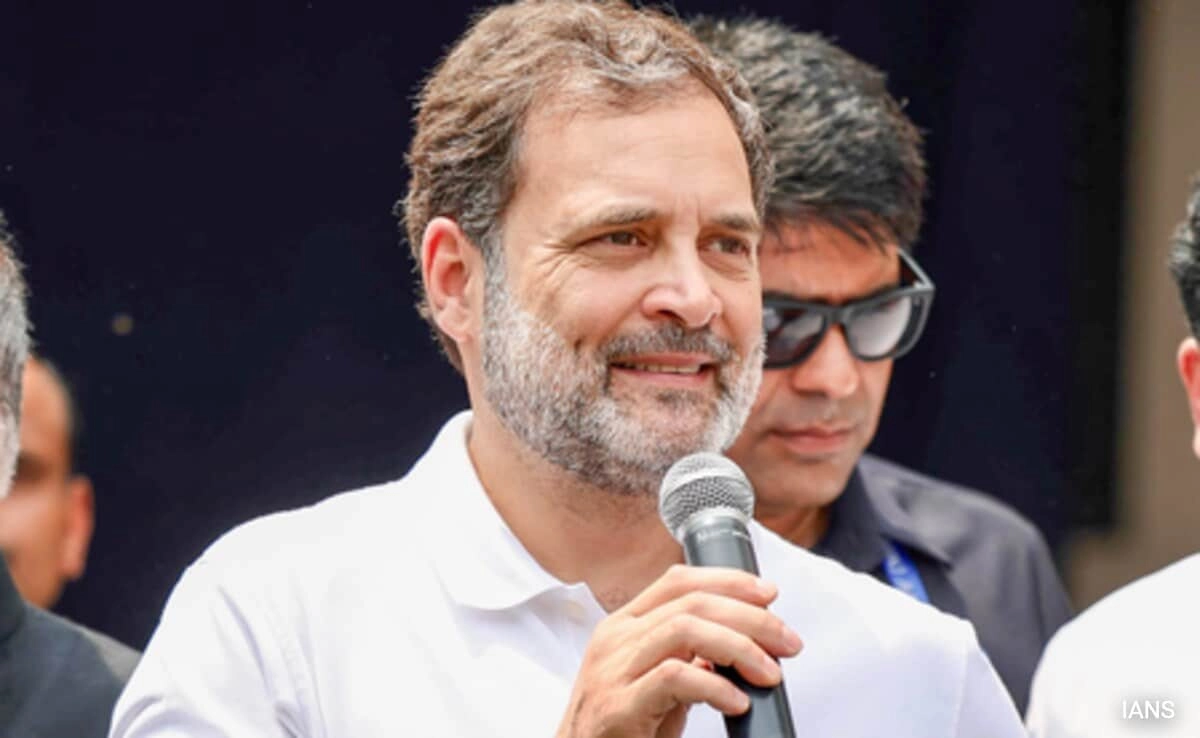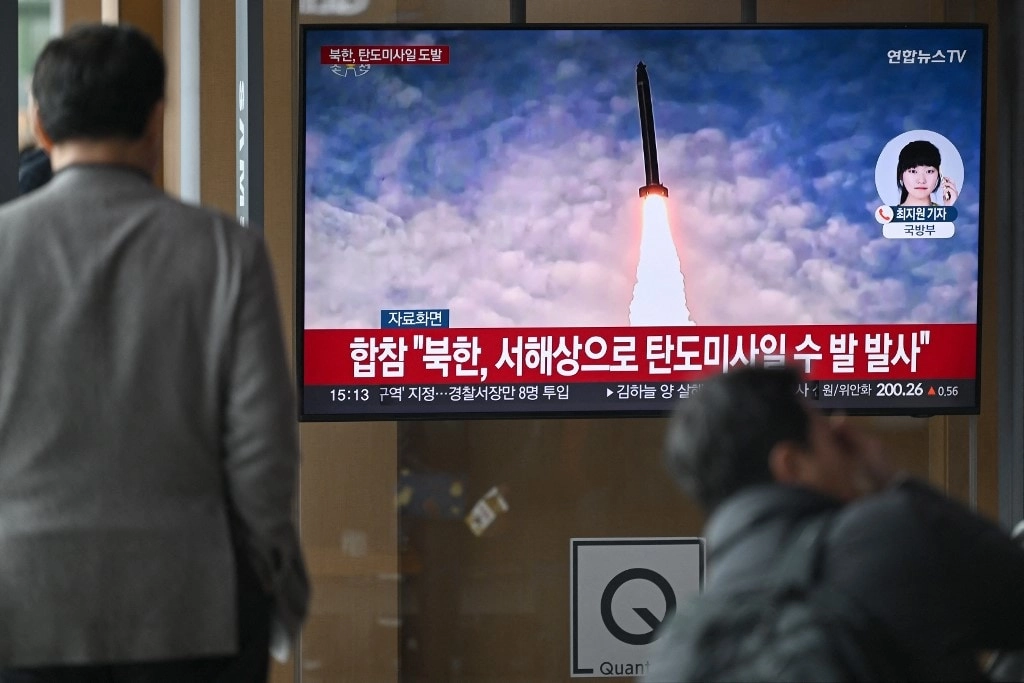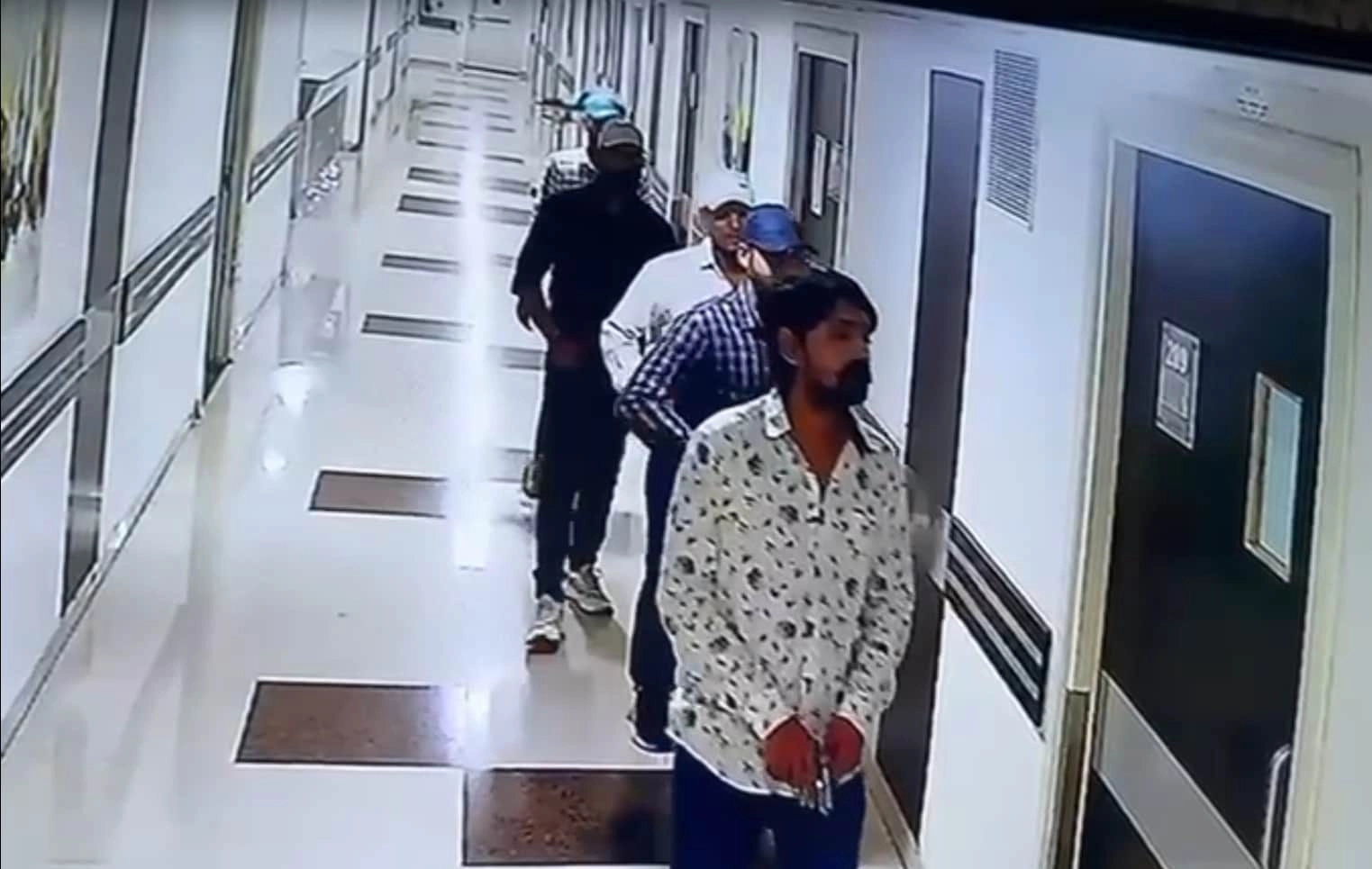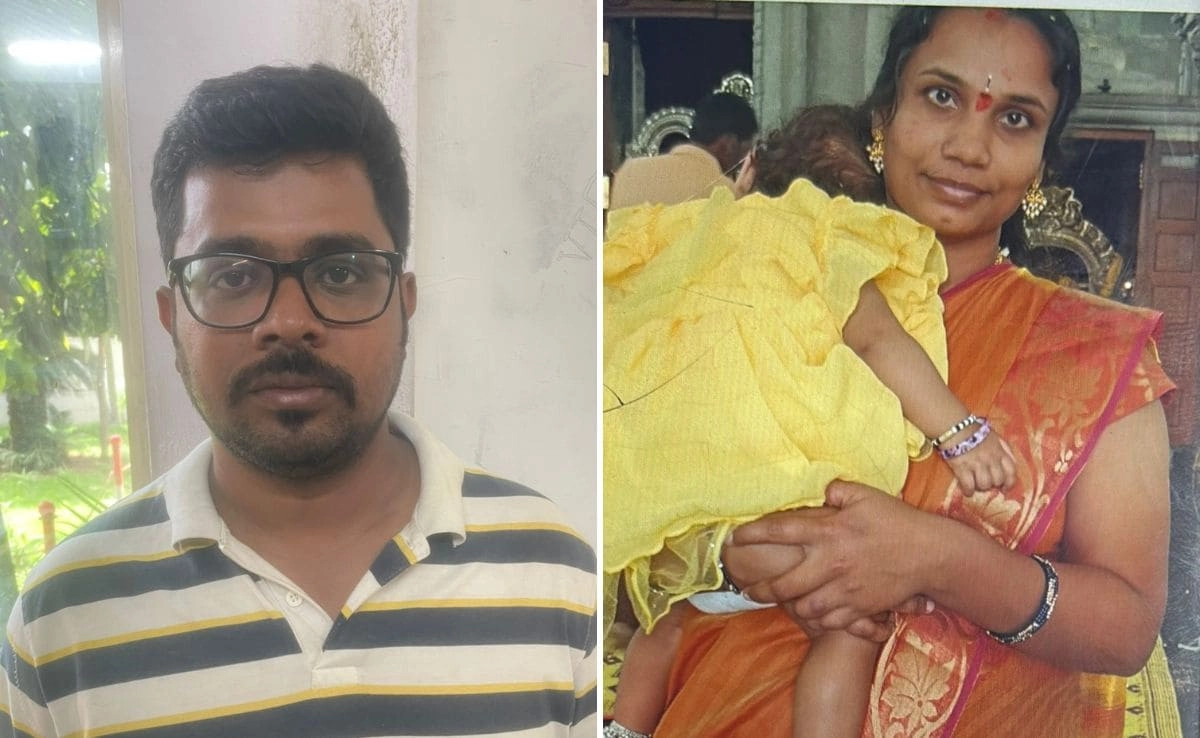The Uttar Pradesh Court has recently accepted a plea against Congress leader Rahul Gandhi, stemming from a controversial statement he made regarding the Sikh community. This legal move comes in response to allegations that Gandhi’s remarks were not only inappropriate but potentially inflammatory, leading to a significant backlash among various groups. The plea highlights concerns about the impact of political rhetoric on communal harmony, particularly in a nation like India, where diverse religions coexist and sensitive issues can easily escalate into larger conflicts.
The statement in question reportedly involved Gandhi’s comments during a public address, which some interpreted as derogatory towards Sikhs. As a prominent political figure, his words carry substantial weight and influence, making it crucial for him to exercise caution in his public communications. Critics argue that such statements can contribute to a climate of division and mistrust among communities that have historically faced challenges in coexisting peacefully. The court’s decision to accept the plea indicates a recognition of the need to address such issues within the framework of law and order.
Legal experts suggest that this case could set a significant precedent regarding the accountability of public figures for their statements. The implications of the court’s ruling could extend beyond this specific instance, potentially affecting how politicians express their views on sensitive subjects in the future. As public figures navigate the complexities of political discourse, the responsibility to promote unity and understanding among diverse communities becomes increasingly important.
As the case progresses, it will be essential to observe how it unfolds in the court system and its impact on the political landscape in India. This situation serves as a reminder of the delicate balance that must be maintained in public discourse, particularly in a multicultural society where words can have far-reaching consequences. The outcome may not only affect Rahul Gandhi’s political career but also influence the broader conversation about accountability, free speech, and the role of politicians in fostering communal harmony.




